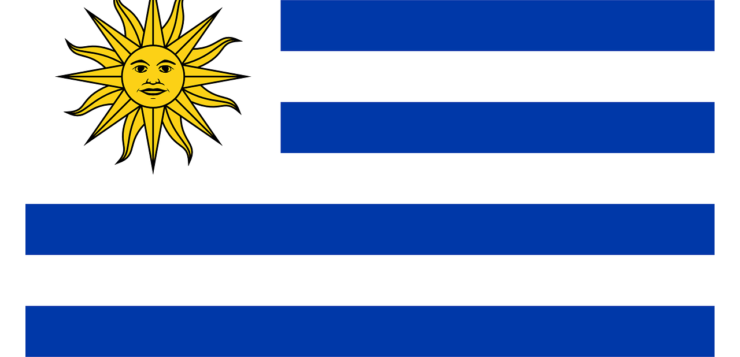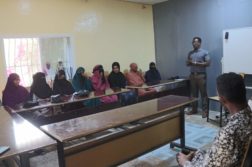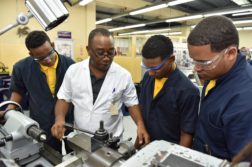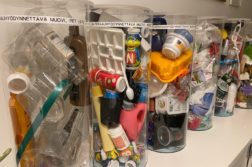A group of teachers representing the agroforestry sector from Universidad del Trabajo de Uruguay – UTU arrived in Finland during the darkest part of the year in 2019 to deepen their knowledge practices in competence-based learning. The focus in their studies at HAMK was to find answers to whether a competence-based approach could be applicable in their own national educational system and processes. According to Lonka (2019), the group formed a learning community to deliver diversified new knowledge to their vision of the pedagogical approach. Changing experience, knowledge and ideas, when working collectively, cultivate knowledge to give recommendations for further pedagogical development (Hakkarainen, 2010).
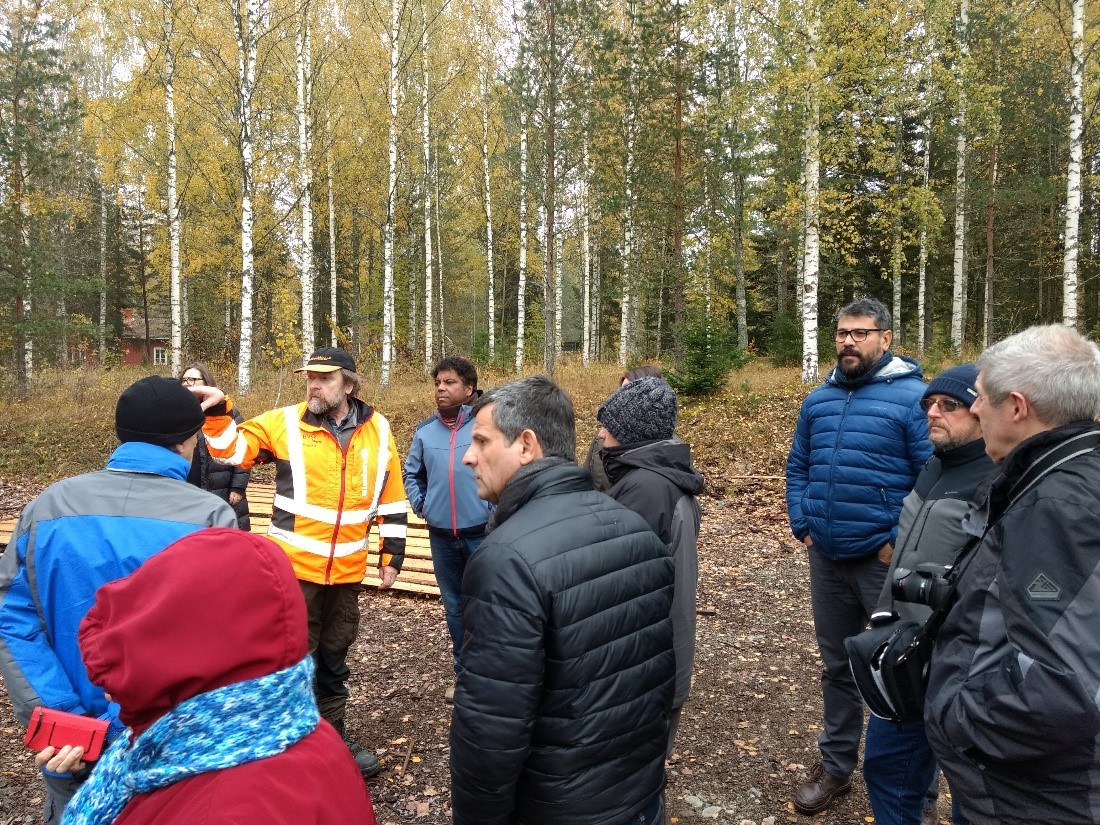
Combining theoretical knowledge with practice offered an opportunity to familiarize participants with the forestry studies at Evo, HAMK’s actual agroforestry learning environment. Inspiring discussions with the teachers and observations of the students’ forestry studies, made the competence-based approach more understandable. It broadened the understanding of the benefits of the teachers´ cooperative working methods in competence-based learning and the students’ skills demonstrations as an assessment tool.
Pedagogical solutions and topics were also interesting. Teachers’ content knowledge can be divided into three categories: subject matter content knowledge, pedagogical content knowledge and curriculum knowledge (Shulman, 1986). The teachers from Uruguay practiced pedagogical content knowledge by studying various pedagogical models and teaching methods. One of them was the technology enhanced pedagogical infrastructure framework (Lakkala et al., 2010) that is usable when designing learning processes for students or when assessing learning designs. Based on that framework, Korhonen et al. (2019) have made a practical frame to create and assess learning designs. The Uruguayan teachers made learning designs for their own teaching context and self-assessed them following the practical evaluation frame (Korhonen et al. 2019). Furthermore, they carried out a self-assessment following the practical evaluation frame. Their self-assessment scores are presented in Figure 1. Overall, it seems that they found out that their learning designs reached a high quality since 21 teachers out of 24 registered a score of 10 or more.

The participants wrote more specific answers to their self-assessments. They think that they should concentrate more carefully on components of the pedagogical infrastructure. They reflected that they did not receive the highest level of planning for each component. They commented also that they found this kind of self-assessment must be a constant and permanent practice to improve teacher’s practices.
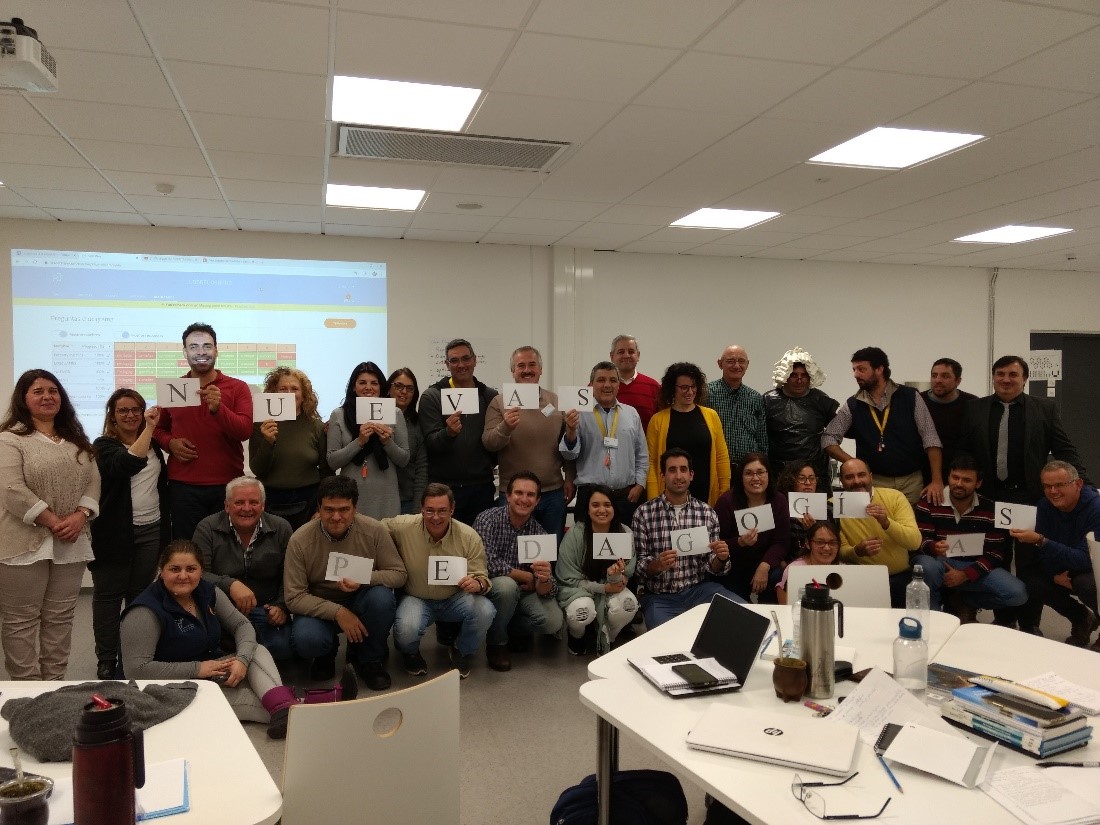
Changing the mindset of the current pedagogical system takes time. There are many challenges in that process, but surely high motivation will give energy and keep the developers engaged. Instead of seeing the participants swimming upstream too often during the development project, they will extend their resilience to become bridgebuilders between the current educational system and the new system of this competence-based approach.
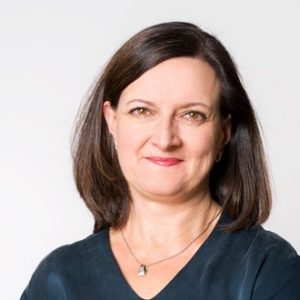
Anne-Maria Korhonen
Principal Research Scientist, HAMK Edu
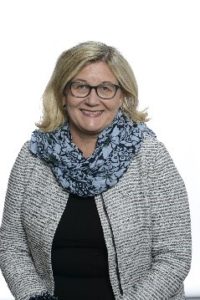
Pirjo Tuominen
Senior Lecturer, HAMK Edu
References:
Hakkarainen, K., Lonka, K.,& Lipponen, L. (2004). Tutkiva oppiminen, järki, tunteet ja kulttuuri oppimisen sytyttäjänä. WSOY.
Korhonen, A.-M., Lakkala, M. & Veermans, M. (2019). Identifying vocational student teachers’ competence using an ePortfolio. European Journal of Workplace Innovation, 5(1). https://doi.org/10.46364/ejwi.v5i1.512
Lakkala, M., Ilomäki, L. & Kosonen, K. (2010). From instructional design to setting up pedagogical infrastructures: designing technology-enhanced knowledge creation. Technologies and practices for constructing knowledge in online environments: Advancements in learning, pp. 169-185. Information Science Reference.
Lonka, K. (2019). Phenomenal learning from Finland. Otava Book Printing Ltd: Keuruu.
Shulman, L. (1986). Those who understand: Knowledge growth in teaching author(s). Educational Researcher, 15(2), 4–14.
Further readings:
Celebrating First Year of Achievements in HAMK-UTU Collaboration on Agroforestry Training

